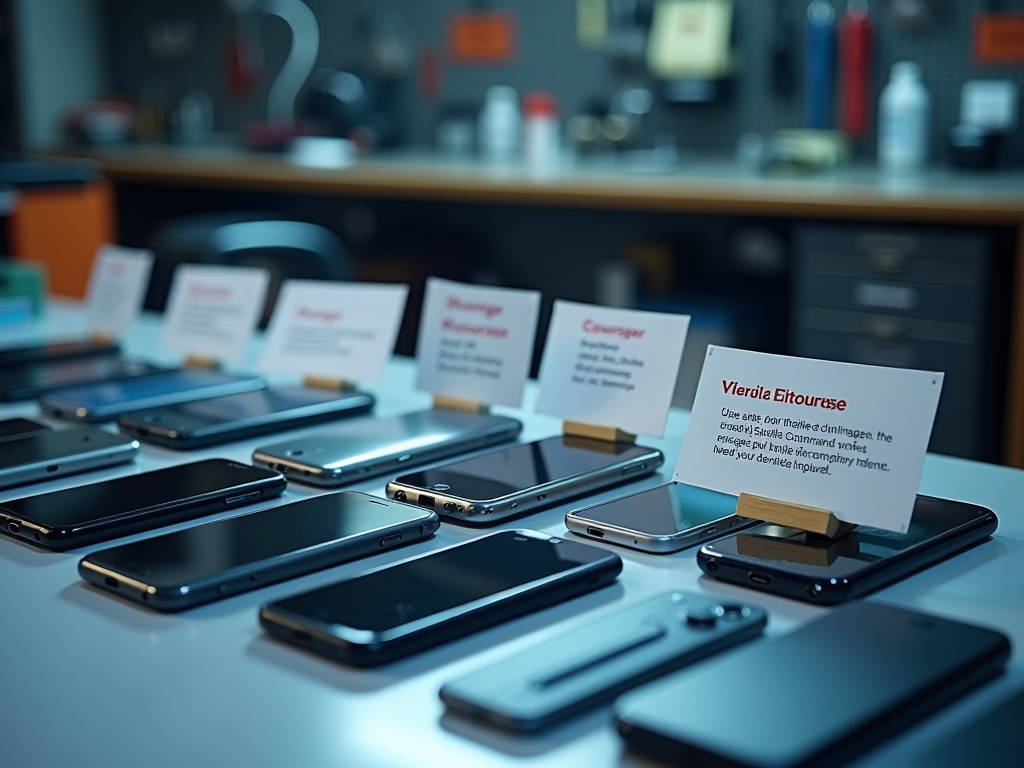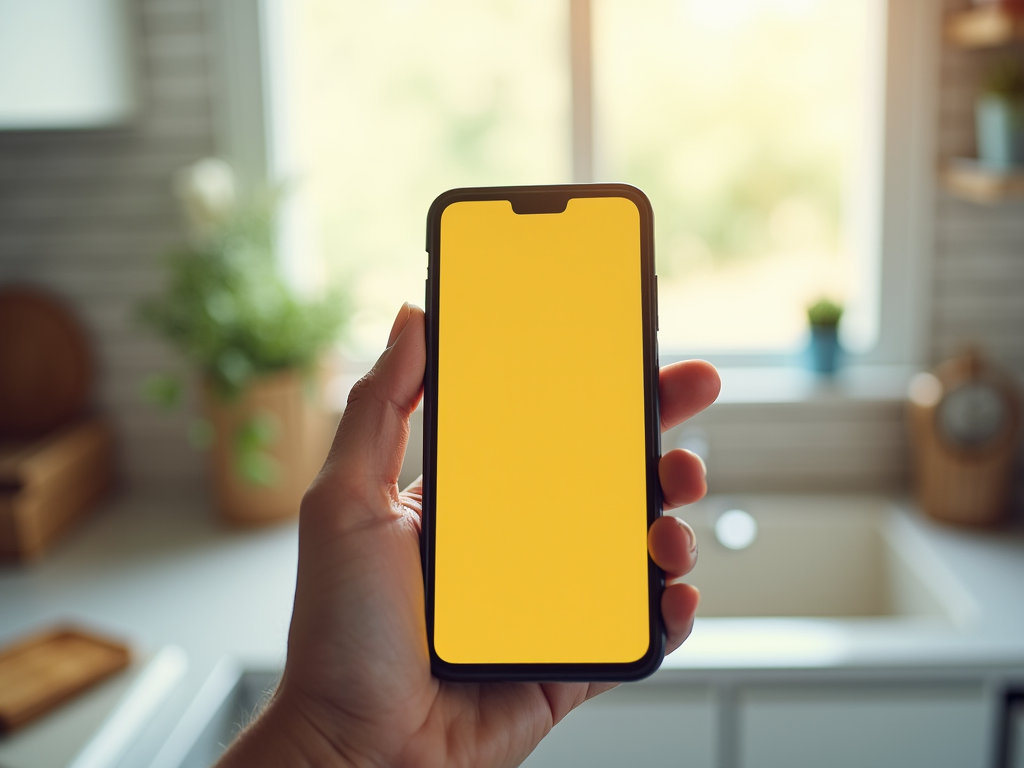Your smartphone is a vital piece of electronics that connects you to the world, aids in managing your daily tasks, and captures precious memories. However, a problematic device can turn the day into a nightmare. One of the most frustrating issues that users face is the ever-so-annoying phone crash. Such incidents not only disrupt your productivity but can also lead to data loss and anxiety when trying to figure out what’s wrong. So, what causes these frustrating crashes? In this article, we will investigate the underlying reasons that may lead to your phone crashing unexpectedly.
It is essential to understand that your phone’s operating system is a complex integration of various processes. A well-functioning phone should seamlessly handle multitasking without any hiccups. Anything from outdated software to hardware failures could contribute to the sudden crashing of your device. By diagnosing potential problems, users can take informed steps towards solving them.
Common Causes of Phone Crashes

Software Glitches
Software glitches are amongst the leading culprits when it comes to phone crashes. These glitches can stem from issues like outdated operating systems or app incompatibilities. When your phone’s software lags or outdates, it might struggle to process signals from various apps efficiently, leading to unexpected failures. Regularly updating your phone’s operating system and applications is a straightforward way to combat this problem. Remember, many updates are formulated to correct bugs that developers may not have previously identified. Ignoring these updates often makes your phone vulnerable to crashes.
Hardware Problems
Hardware failures can severely impact your phone’s performance, resulting in frequent crashes. Factors such as overheating or memory malfunctions can compel your device to shut down abruptly. An aging phone, or one that has encountered physical damage, often shows these signs of hardware degradation more prominently. Identifying hardware issues is critical and sometimes requires professional diagnosis. To assist in this understanding, below is a simple list of common hardware indicators:
- Unexpected shutdowns during heavy usage.
- Frequent overheating while charging.
- Visible damage on the device body or screen.
| Indicator | Possible Cause |
|---|---|
| Frequent Freezing | Insufficient RAM or processor issues |
| Battery Drain | Aging battery or software mismanagement |
| Distorted Display | Potential hardware failure or bad display drivers |
Insufficient Storage Space

Lack of storage space can significantly impair your phone’s performance, leading to common issues like crashes. When your device runs out of sufficient memory to maintain active applications, it may force-close programs or even restart unexpectedly. Keeping your phone loaded up with apps and files may seem convenient but can backfire when you are trying to multitask. Regularly managing your storage is vital to sustaining your device’s efficiency. You could routinely perform digital clean-ups, and to help you organize your storage needs, consider this checklist:
- Delete unused apps.
- Clear app caches to free up temporary files.
- Transfer photos and documents to cloud storage.
Background Processes and Apps
Having too many apps running in the background can put a strain on your phone’s resources, ultimately leading to crashes. Each application consumes some of your phone’s CPU and memory. When too many apps are active simultaneously, your device may struggle to keep up with demand, resulting in instability. Therefore, it’s advisable to regularly review and close unnecessary apps. This process not only helps to alleviate the burden on your device but also contributes to better performance moving forward.
Malware or Viruses
In today’s tech-savvy world, the threat of malware and viruses remains significant and can jeopardize your phone’s performance. If your device becomes infected, it may experience a range of problems including crashes, slowdowns, and erratic behavior. Malware operates in the background without your knowledge, making it essential to run security checks frequently. Maintaining a solid antivirus software solution can protect against these threats. Here’s how you can safeguard your phone:
- Download apps only from verified sources.
- Regularly update your security software.
- Conduct periodic scans for malware and viruses.
Conclusion
Understanding why your phone keeps crashing is vital for a seamless user experience. Whether due to software issues, insufficient storage, or potential malware threats, identifying the root cause can lead to effective solutions. Simple practices like regular updates, thorough cleaning, and utilizing security measures can significantly alleviate crashing problems. By taking proactive measures, you can extend your phone’s lifespan and ensure a smooth operational journey over time.
Frequently Asked Questions
- What should I do if my phone keeps crashing?
Restart your phone, update your operating system and applications, and check for malware. - How can I free up storage space on my phone?
Delete unused apps, clear cache, and transfer photos to cloud storage. - Is a phone crash a sign of a hardware issue?
Not necessarily, but frequent crashes can indicate hardware problems, especially if the phone is old or damaged. - What are the signs of malware on my phone?
Unusual behavior such as slow performance, unexpected ads, and battery drain can indicate malware presence. - Should I take my phone to a professional if it keeps crashing?
If you’ve tried basic troubleshooting and the issue persists, consulting a professional is recommended.












